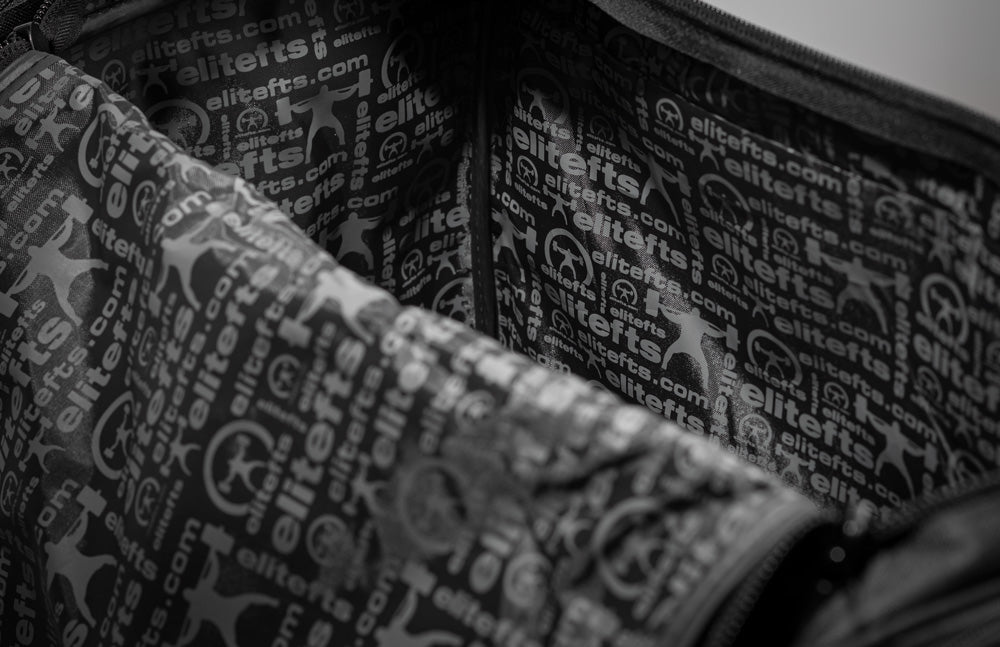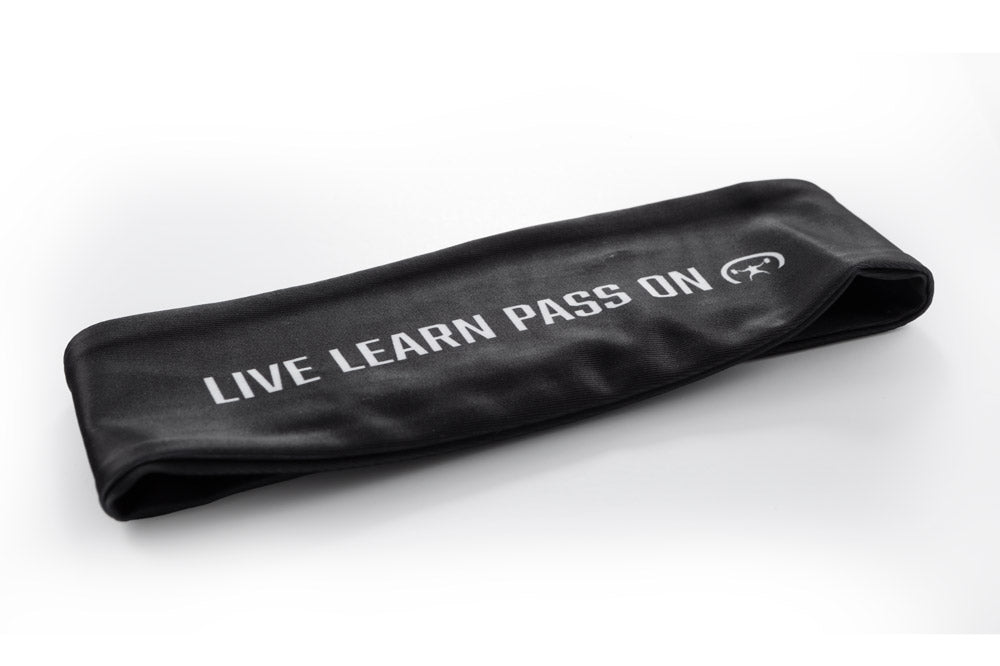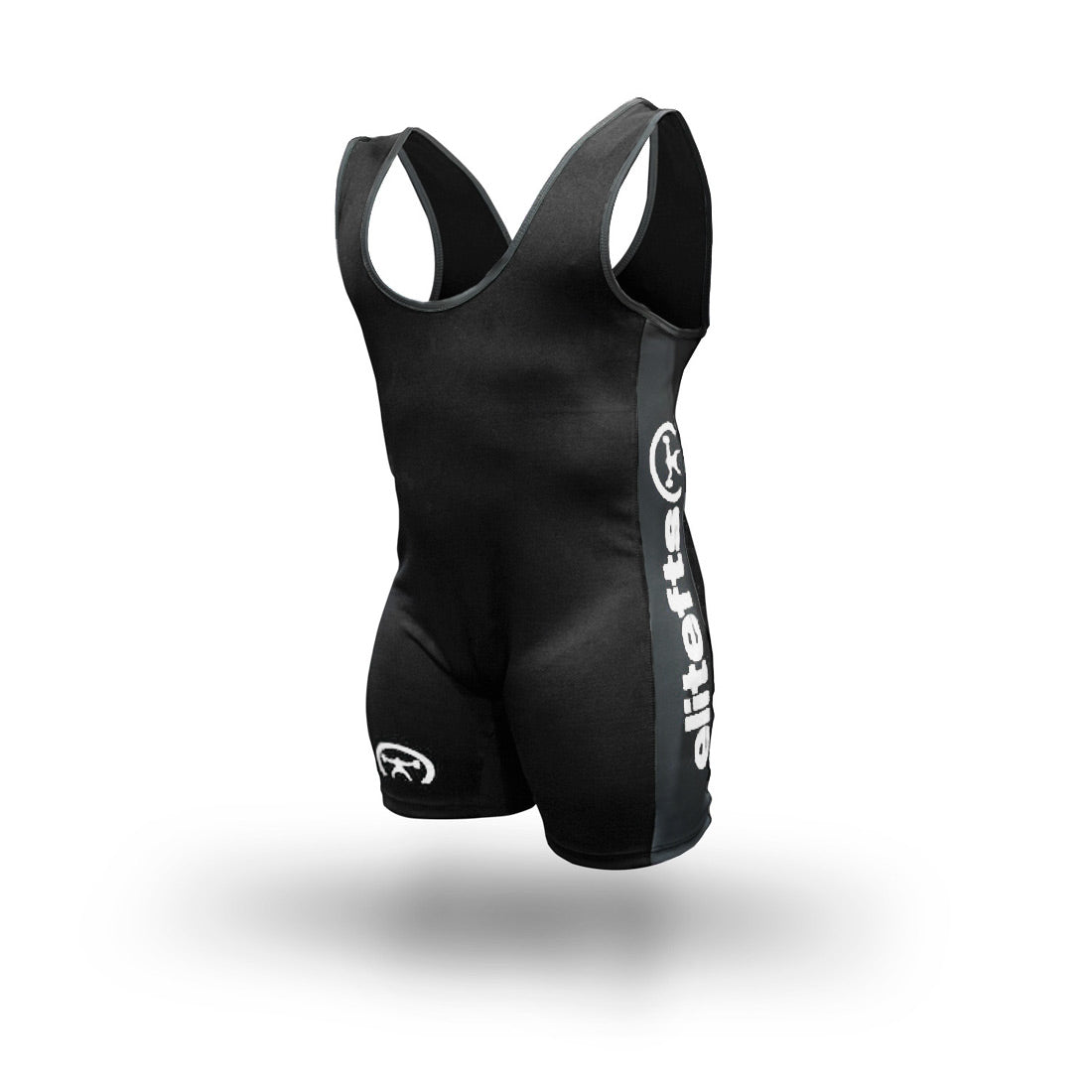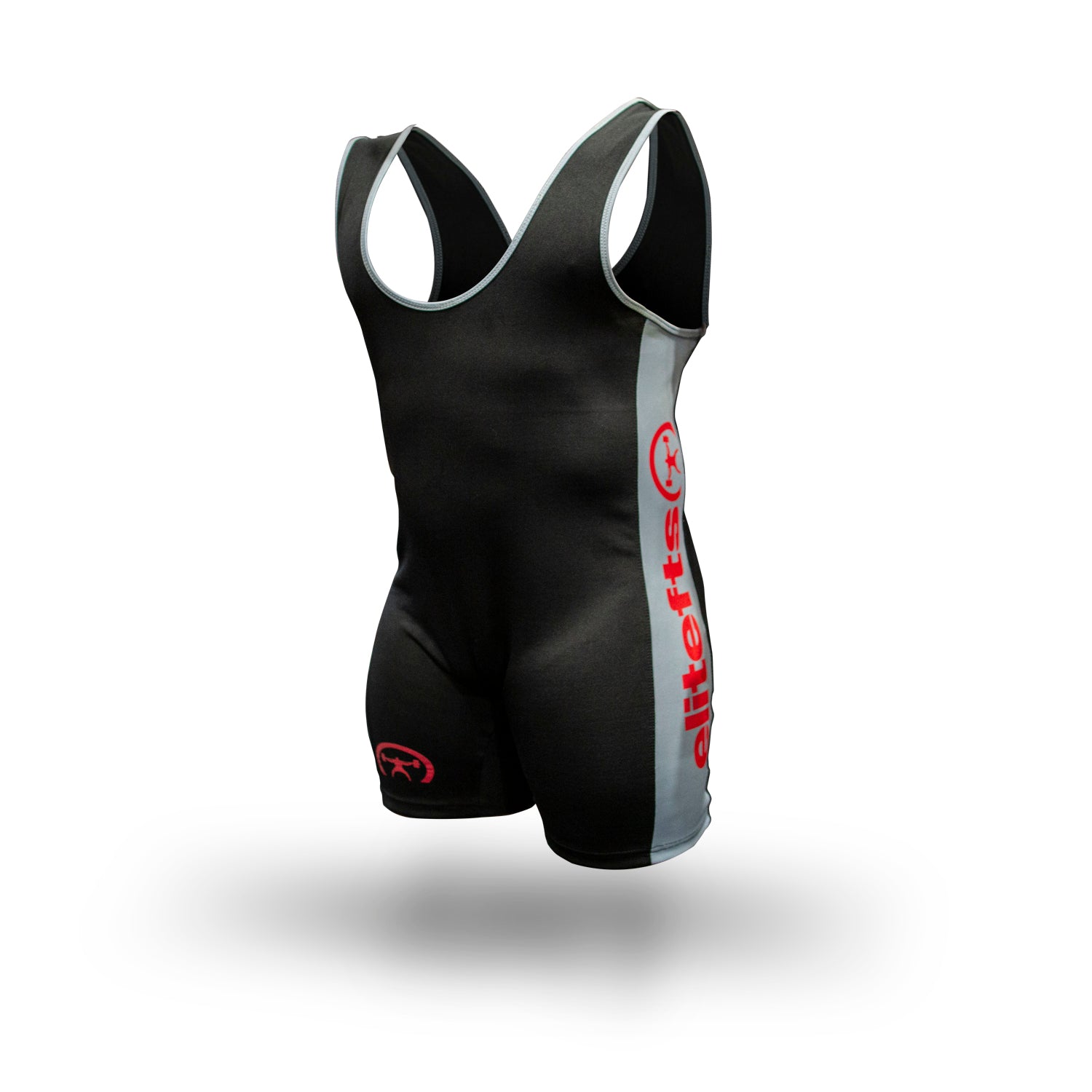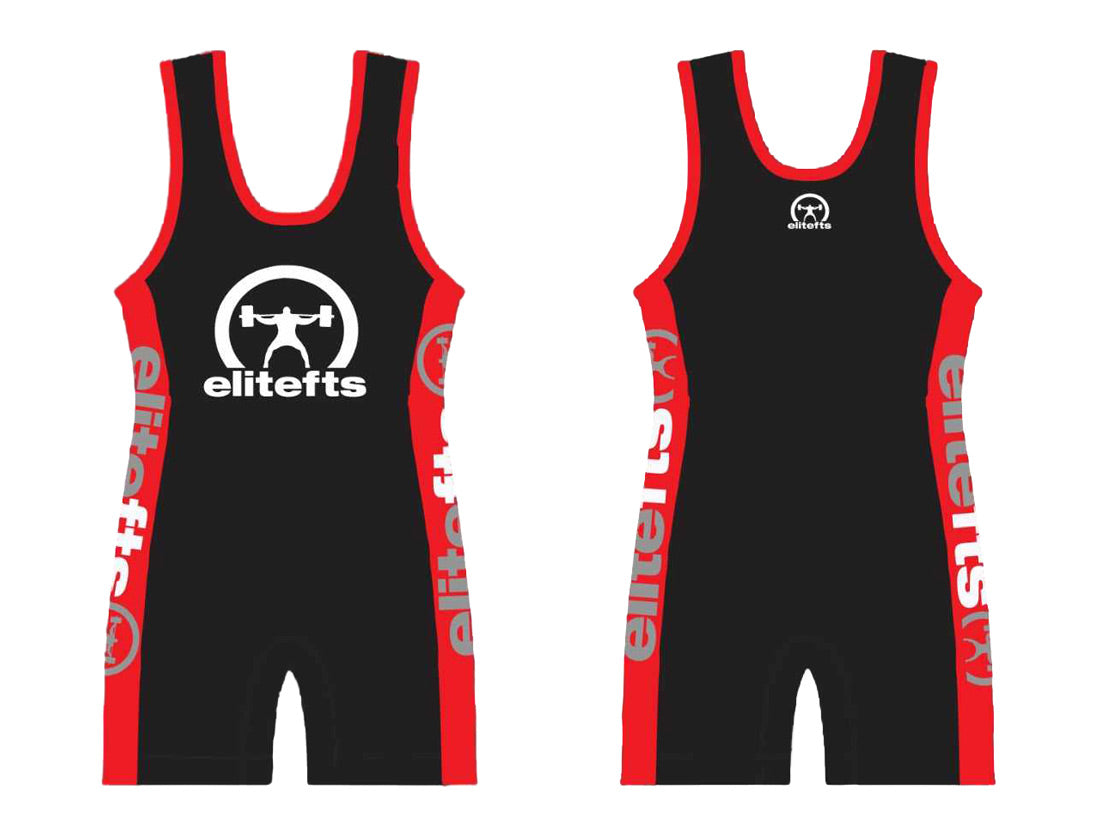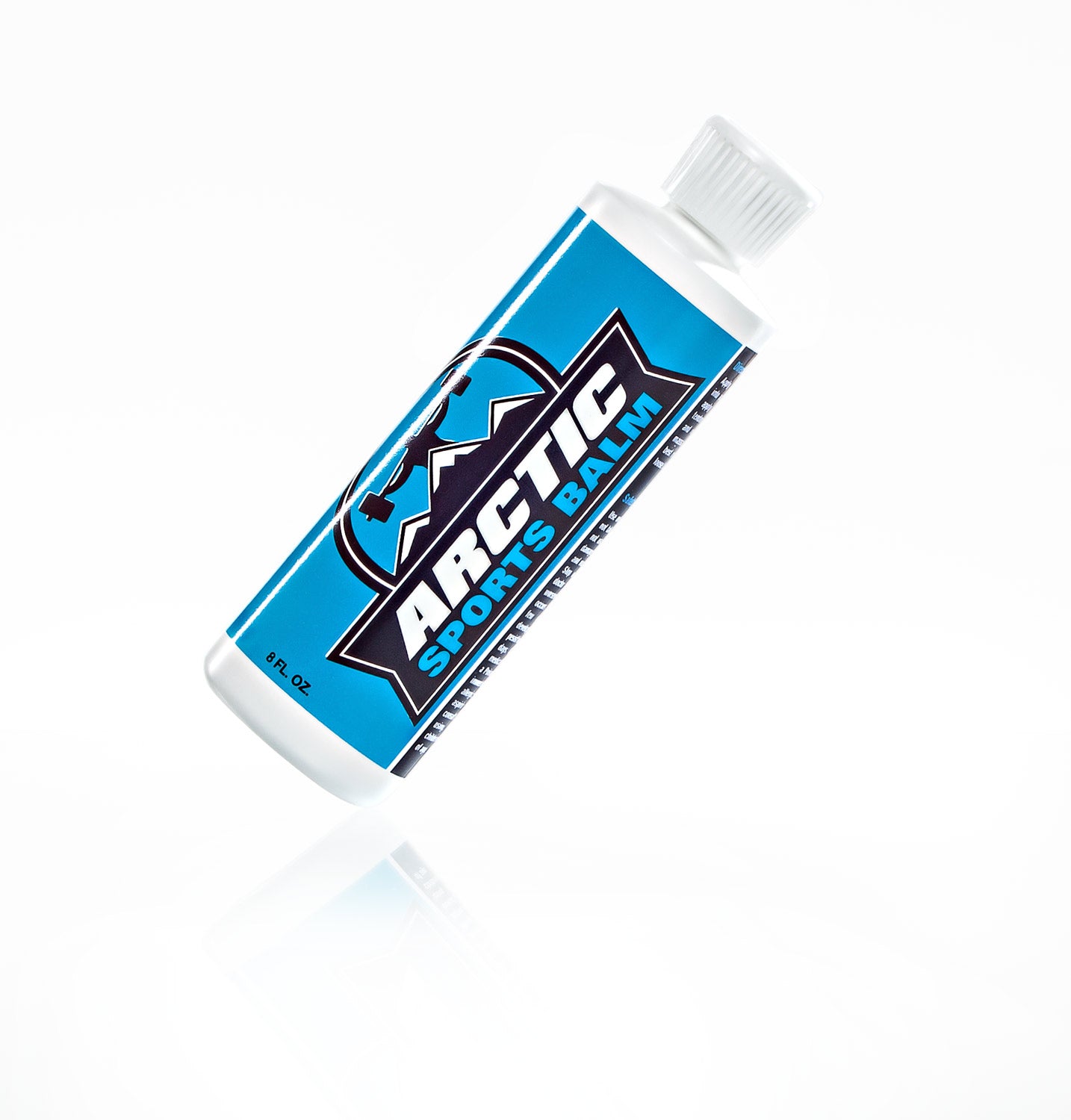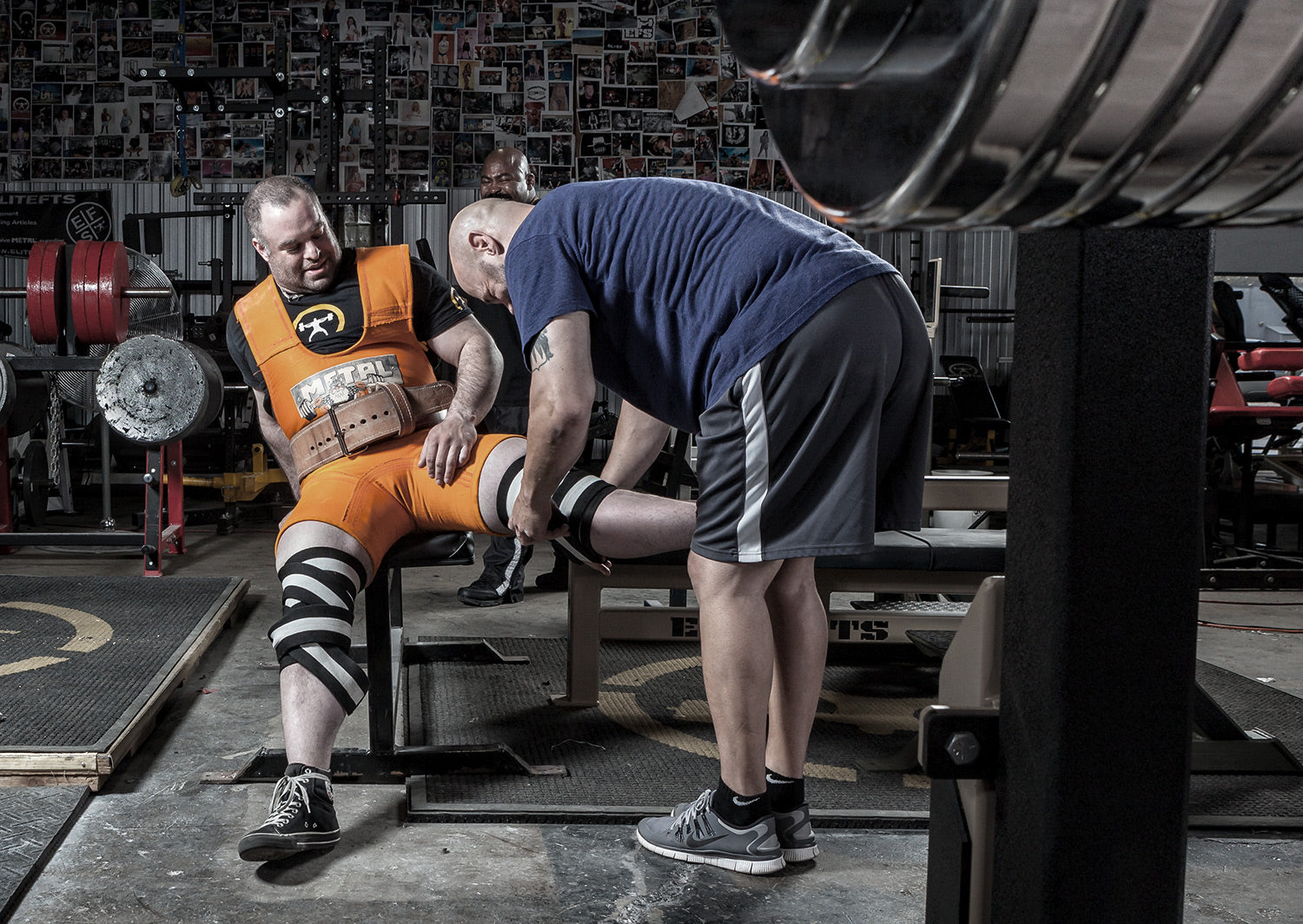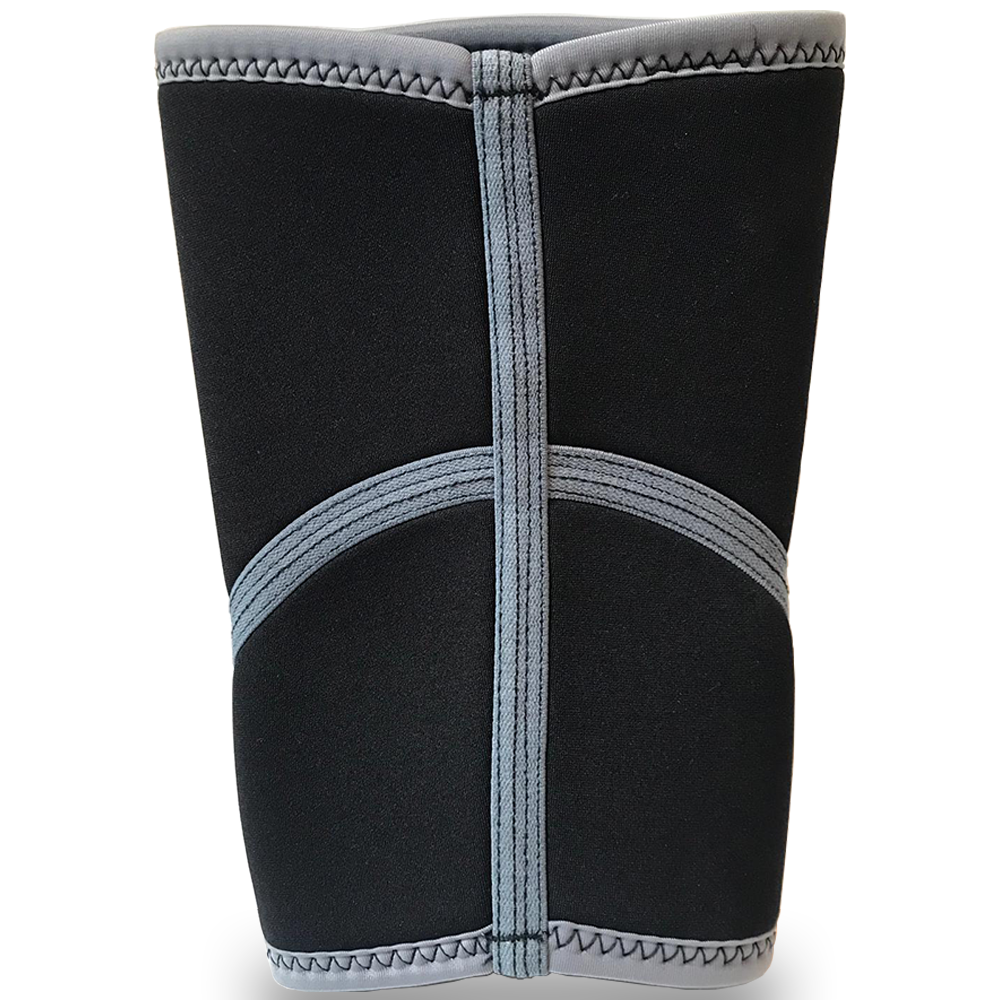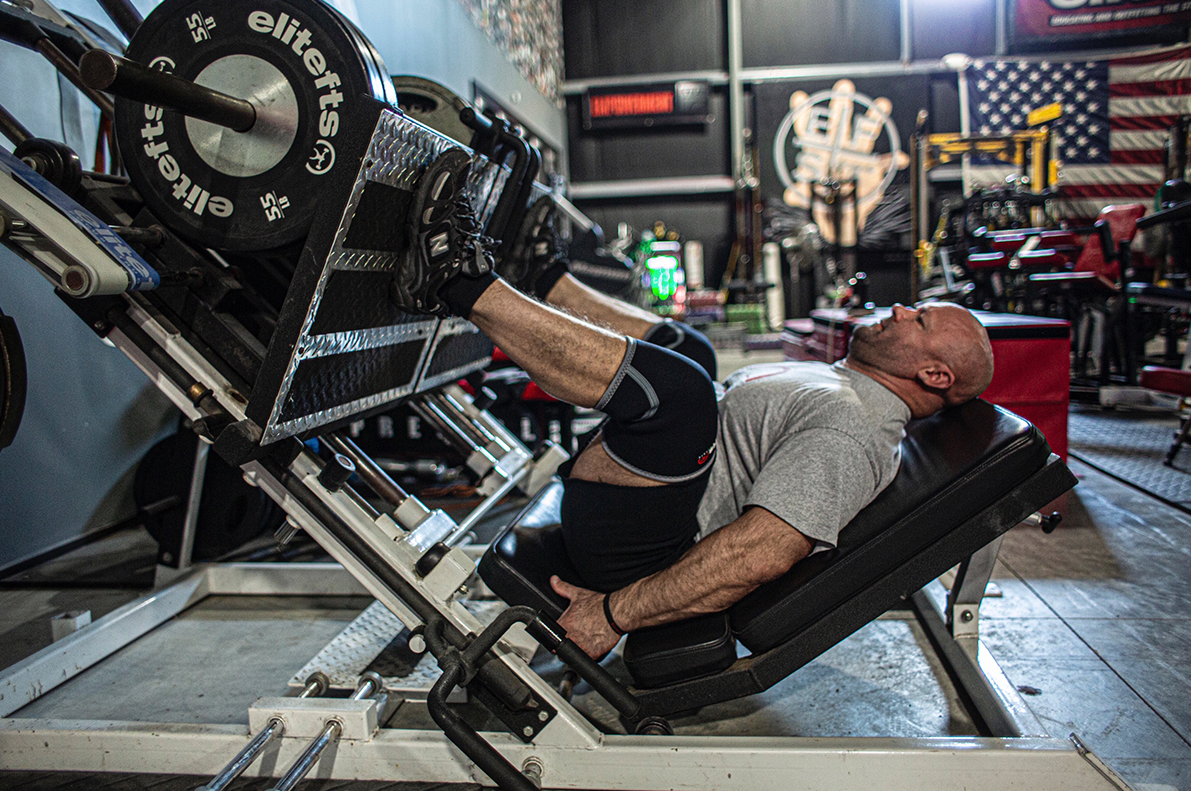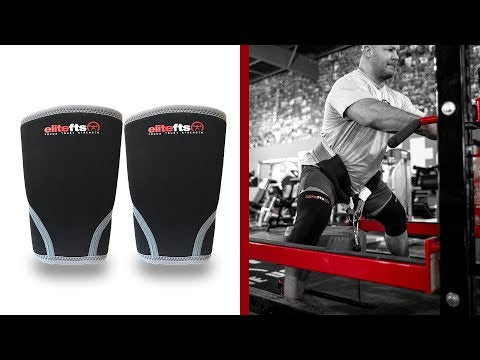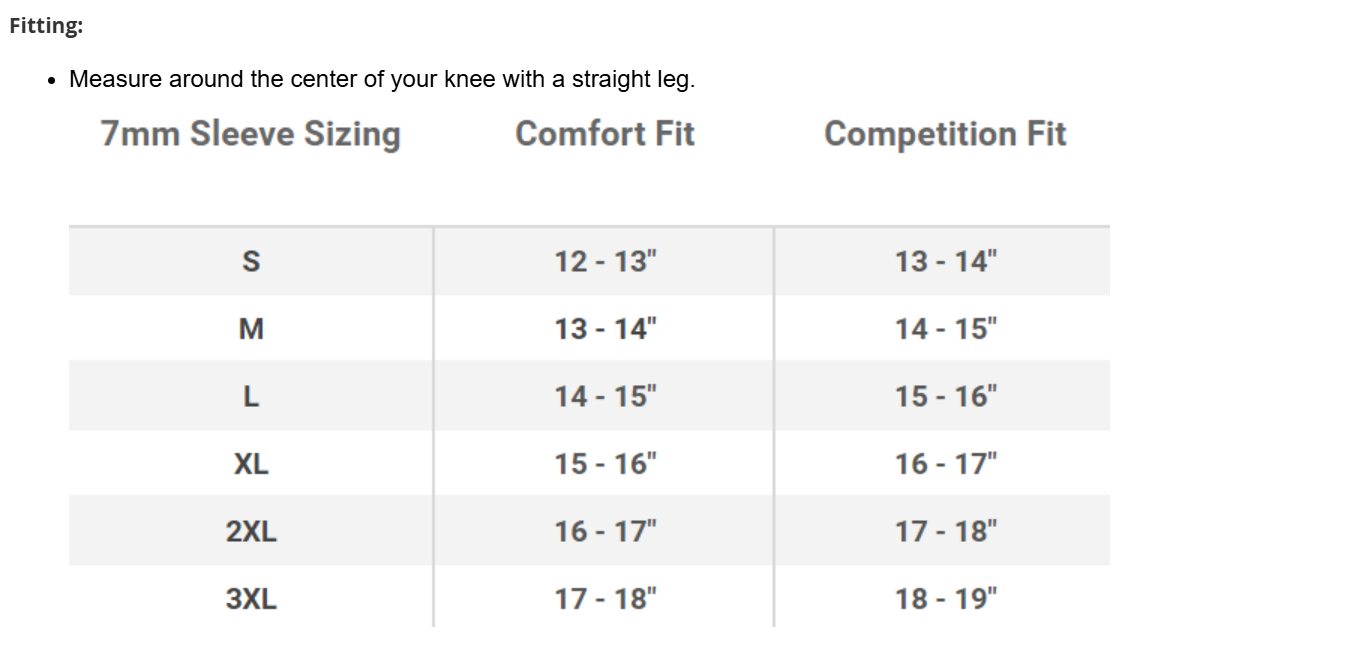Fans of Run Lola Run might recall a piece of wisdom featured in the beginning of the movie—“After the game is before the game.” This was said by German soccer coach, Josef Herberger. These words are just as relevant to powerlifting.
Last year, I had the opportunity to interview Larry Wallen. In December 2007, the 60-year-old Wallen deadlifted 705 lbs weighing 224 lbs.{http://youtube.com/watch?v=5RTkHz06mQ8} Earlier that year, he set three IPF Masters and three world records in the 220s at USAPL Masters Nationals.
Toward the end of the interview, I asked Wallen a question that I include in all of my interviews about the sport: “What do you love about powerlifting?” He responded, “I like competing. I enjoy the atmosphere at a competition…I like the nervous anticipation. I like the focus…Before the chalk dust has settled and the platform cleared, I am usually thinking of the next competition.”
I’m sure many powerlifters feel that way at the end of a meet. Because our sport’s definition of progress is elegantly empirical (or painfully empirical if you’re not progressing), constant ambition characterizes many powerlifters.
On November 4, 2006, at the WPO Semi Finals, Andy Bolton deadlifted a world-record, barrier-breaking 1003 lbs. Bolton attempted to increase his record at the 2007 WPO Finals and 2007 BPC Championships, nearly locking out 1014 pounds in the latter attempt. {http://youtube.com/watch?v=dKlentk2H_o}
An outsider to the sport might wonder why Bolton wasn’t content with his historic achievement in 2006. Why does he seek to surpass himself? Because after the meet is before the meet.
“One thing I know for sure is that satisfied athletes suck,” Mark Bell said after totaling 2502 in the 308-lb class. There is always another PR to achieve. It might be a PR total, a single lift PR, or an elite PR (another national or world championship, Hideaki Inaba style). When a powerlifter no longer seeks some form of improvement, it’s time to take a break or hang up one’s singlet.
Loss of athletic ambition can occur for various reasons. Maybe a person loves training the power lifts but competing is no longer fun. In the manner of Chris Cooper as John Laroche in Adaptation, maybe a lifter has achieved his long-term goals in the sport and is “done with powerlifting.”
Sometimes failure in competition can be a greater impetus to progress than success. At my last meet, I made errors in attempt selection that cost me at least one PR and undermined a productive training cycle. For several days after the meet, I also appreciated how Denzel Washington’s character in Training Day felt after Jake Hoyt shot him in the ass. (These gluteal woes were constructive insofar as I now put more emphasis on static stretching.)
And after the meet is before the meet.








